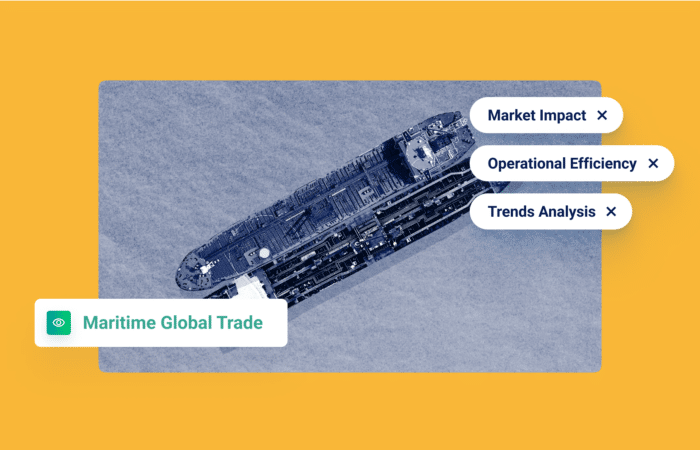Heavy Metal: OFAC Expands Sanctions Far Beyond Oil

What’s inside?
The U.S. imposed additional sanctions and export controls on Russia in coordination with international partners earlier this month, targeting over 300 entities:
- 100+ companies on its Specially Designated Nationals And Blocked Persons List (SDN)
- Assets belonging to 200 individuals
- 22 individuals
“Among others, these commitments include further disrupting Russia’s ability to source inputs for its war, closing evasion loopholes, further reducing reliance on Russian energy, squeezing Russia’s access to the international financial system, and keeping its sovereign assets immobilized,” according to the U.S. Department of State.
Previous sanctions have been heavily focused on Russian oil trading for obvious reasons, but this latest round goes further, targeting some of Russia’s biggest gold miners and other metals/mining, along with grain smuggling and the Russia-Iran alliance. The U.S. Department of State’s fact sheet notes: “The Department is designating multiple entities and individuals pursuant to section 1(a)(i) for operating or having operated in the metals and mining sector of the Russian Federation economy. The metals and mining sector is a significant source of revenue for the Russian government.”
What does this mean practically?
Mining and metal trading companies have been put on high alert for the second time since February 2023. This has been a challenge for the dry cargo industry, which previously has not had to focus on potential sanctions violations. The time is now for an AI-powered sanctions compliance solution that will empower companies to automatically screen vessels or companies for sanctions exposure, with no heavy lifting. They can screen against any sanctions list including major lists like OFAC, OFSI, UN, and EU, and gain insights about specific sanctions regimes and countries.
List screening by itself is not enough, though – just because a vessel is not listed does not mean it is behaving legitimately, and interacting with it can still result in reputational and financial harm. Organizations must be proactively alerted to advanced deceptive shipping practices such as illicit ship-to-ship (STS) engagements, GNSS manipulations, and more.
Grain Smuggling
Windward started writing about Russian grain smuggling and its legal implications nearly a year ago. This latest OFAC directive designates a network of Russian entities that use shell companies, falsified documents, and deceptive shipping practices (DSPs) to conceal the Ukrainian origin of grain exports and falsely label them as originating from Russia.
One of the complicating factors is that identifying these grain theft operations is practically impossible without an accurate, AI-driven ship-to-ship model, since ship-to-ship engagements are the main approach used for grain smuggling.
Click here for deeper dives on grain smuggling:
Iran
The new OFAC update also discusses degrading the Russia-Iran Maritime logistics networks:
“The Department is designating multiple entities that are part of a logistics network deepening ties between Russia and Iran. These designations will constrain military-related transfers between Russia and Iran as Tehran deepens its support for Moscow’s war against Ukraine.”
Windward identified this trend a few months ago, writing about it in our one-year report summarizing the Russia-Ukraine war.
As always, Windward can help your organization quickly and automatically comply with these new sanctions and anticipate what will happen next!












